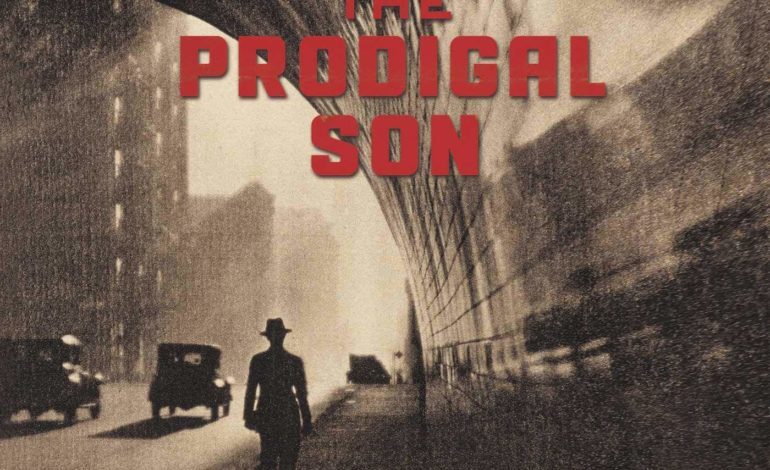

An effective, no-less-righteous pivot
Politics are exhausting enough to watch, imagine having to write about them. Ry Cooder did just that, in his advanced age with 2008’s I, Flathead and went even further on 2012’s Election Special, which opens with a song called “Mutt Romney” that is rooted in a scandal involving Mitt Romney tying his dog to the hood of his car that most people reading this probably don’t even remember. It gets even crazy when considering that the three preceding albums were all concept records. This legend of slide guitar, blues rock and traditional Latin American music was overdue for a break, so much like Joan Osborne and Shirly Collins, he decided to stick to a majority of covers, with only three original compositions on his sixteenth album, The Prodigal Son.
Most of the songs Cooder chose are gospel staples; though he is known as a largely secular or downright atheistic persona, he felt they were “good song” that could “mak[e] these suggestions about empathy.” After the abrasiveness, almost polemical stylings of his last few, it makes sense that Cooder would turn to soothing choir vocals and less rough textures. Yet, the underlying lyrics are just as politically charged on The Prodigal Son.
“Everybody Ought to Treat a Stranger Right” reads as too much of a morality play, but “You Must Unload” picks up its slack with a precise strike at gluttonous Christians who “try to get to heaven on the cheapest kind of fare.” Though it’s easy to pick the original song out of a lineup, “Gentrification,” “Shrinking Man” and “Jesus and Woody” get their points across with poignancy and humor. “Jesus and Woody” is so good that it manages to make its absurd concept of a discussion between Christ and Woody Guthrie seem real and powerful. There are points where the covers can get a little repetitive, and gospel is normally a good fit for that, but the switch to a more low-key bluesy style means this gets lost in translation.
The album runs a little long, and the production does not flatter Cooder’s soulful vibrato at points: the title track is especially messy when it comes to fidelity, as the backing vocals sound like they could be out of the ’50s even as the rest of the instrumentation sounds clear and modern. However, that same vocal style works perfectly on the jaunty, brighter, bluegrass of “I’ll Be Rested When the Roll Is Called” and “In His Care,” and the gospel choirs on “Everybody Ought to Treat a Stranger Right” and “You Must Unload” are striking, yet comforting.
Though people will not hear anything with the ramshackle twang of Chicken Skin Music or as electric as something like “Wall Street Part of Town,” the record hits hardest when the instrumentation is spares and delicate. “Straight Street,” the opener, is delightful with its dancing twinkles, subtle interplay between its acoustic leads and lovely harmonies. “Nobody’s Fault but Mine” runs a little long, but the vibraphone-esque backing melody is the perfect haunting backdrop for Cooder’s most morose performance and the best sense of build and crescendo on the album, where every guitar note and backing vocal feels so impactful in the vast instrumentation. It’s the epitome of less is more, and the more subdued yet no less evocative instrumentation is a welcome turn after the last couple of vitriolic releases. For someone as deep into his career as Cooder, it’s exciting that these covers on The Prodigal Son have inspired yet another new chapter in his rich discography.
